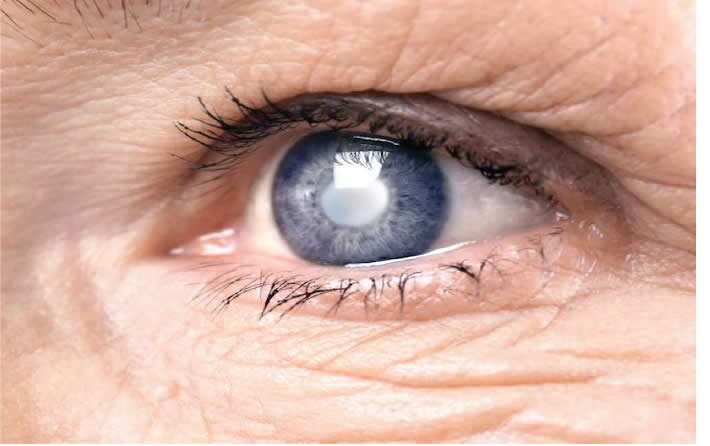The Federal Government has initiated a nationwide training program for eye health professionals, focusing on the newly developed Glaucoma Guideline and Toolkit. This training aims to enhance the programmatic and clinical management of glaucoma, an eye disorder causing visual impairment due to increased intraocular pressure affecting the optical nerves.
During the launch of the training, Okolo Oteri, National Coordinator of the National Eye Health Programme at the Federal Ministry of Health and Social Welfare, emphasized the critical nature of glaucoma. Oteri highlighted that glaucoma is the leading cause of irreversible vision loss globally and in Nigeria, affecting approximately two million Nigerians, with 1.8 million unaware of their condition.
“The Nigeria Blindness and Vision Impairment Survey reported that 0.78 percent of Nigerians of all ages are blind, with blindness increasing significantly with illiteracy and age. Glaucoma is the second most common cause of blindness, with a prevalence of five percent,” Oteri stated. She added that only 5.6 percent of those affected were aware of their condition, while 20 percent were already blind.
Oteri noted that glaucoma had not been prioritized under the Vision 2020 initiative in lower and middle-income countries, primarily due to the higher prevalence of other avoidable blinding diseases. Despite annual global and national commemorations, glaucoma has received minimal support from local and international donors and less concerted government ownership.
“Collective action, including integrated patient-focused care, is required to tackle glaucoma, a chronic but treatable condition needing lifelong treatment and follow-up,” Oteri asserted. She added that the toolkit would aid in managing glaucoma at the community level and within medical facilities, aiming to improve patient outcomes and maintain vision function throughout their lives.
Fatima Kyari, a consultant ophthalmologist at the University of Abuja Teaching Hospital and contributor to the guideline, explained that the toolkit addresses both clinical and programmatic needs. “We have sections for clinical treatment and for developing glaucoma care teams, involving not just ophthalmologists but also optometrists, ophthalmic nurses, and opticians,” Kyari said.
The guideline also includes a public awareness component to engage individuals at risk of glaucoma, community leaders, government policymakers, and hospital managers. This initiative seeks to foster comprehensive care and support for glaucoma patients.
The Glaucoma Guideline and Toolkit were officially launched in 2023 by the First Lady, Oluremi Tinubu, alongside two other documents aimed at enhancing eye health in Nigeria.




